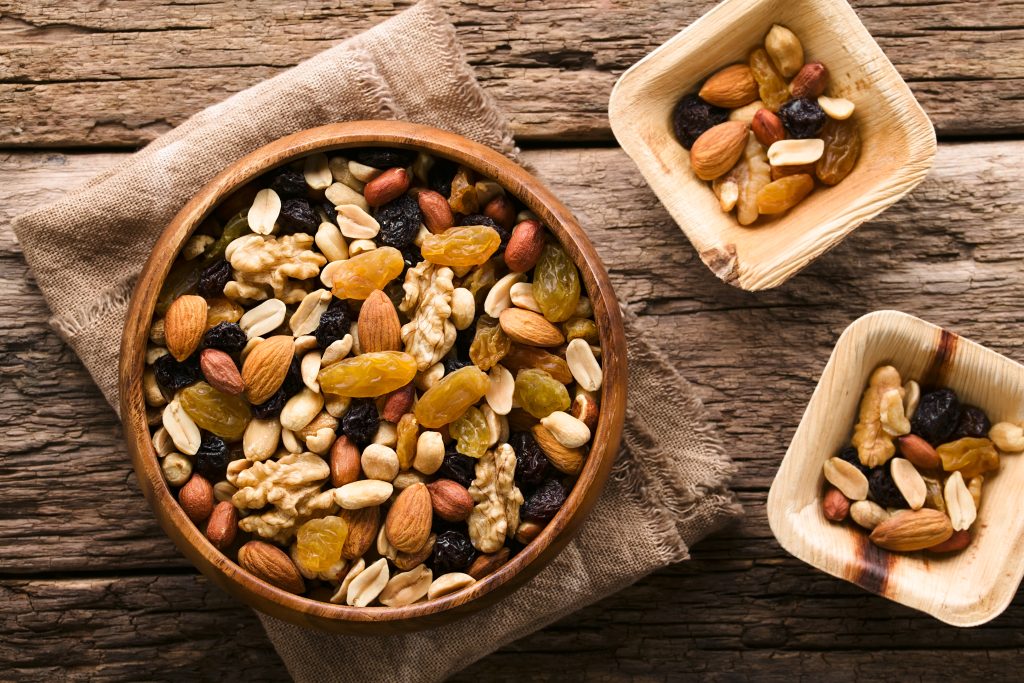Several misconceptions have perpetuated the idea that dried fruits may be less healthy than their fresh counterparts
Among other perceptions, it has been considered that dried fruits are loaded with calories because they are rich in sugar. However, this is not true. A comprehensive approach to dried fruits proves that, as for equal servings, dried fruits have no more sugar or calories than the fresh version.
One of the common problems encountered when comparing dried foods on nutritional grounds is the common practice of equating on a weight for basis, for example, per 100g. Not surprisingly, the sugar content of dried versus fresh fruits on the basis appears disproportionately high, contributing to the mixed messages about the sugar concentration of dried fruits.
Dried fruits don’t have more sugar content or calories than fresh fruits
When comparing fresh fruit with their dried counterparts, the definition of traditional dried fruits must be considered. Traditional dried fruits are fruits which have had a majority of their water content removed. Therefore, instead of comparing equal weights of fresh and dried fruits, equal serving sizes translate to roughly the same nutritional value in terms of calories, sugar content and fiber.
This means that 100 grapes should equate to 100 raisins, instead of comparing 100g of grapes with 100g of raisins. Therefore, a 40g serving of traditional dried fruit equals approximately four times the weight in fresh fruit, with exact weights varying with fruit and drying method. In other words, when portion size and water content are taken into account, the natural fruit sugars and calories become equal for fresh and dried fruits.
Additionally, there are studies showing that traditional dried fruits have a low to moderate glycemic and insulin index, and a glycemic and insulin response comparable to fresh fruits. Foods with a low glycemic index may help to decrease the risk of diabetes and are useful in the management of the established condition.
Benefits of dried fruits on health
Traditional dried fruits are a good source of several essential nutrients, especially potassium and dietary fiber. Potassium intake levels are low among most children and adults, becoming a substantial health concern since increasing dietary potassium can lower blood pressure.
Additionally, high fiber diets are recommended to reduce the risk of cardiovascular disease, obesity, type 2 diabetes and several types of cancer. A 40g serving of dried fruit delivers approximately 10% of the recommended daily requirement for fiber, depending on the fruit, and dried fruit ranks among the top potassium sources in diets around the world.
What’s about you? Are you including dried fruits in your eating habits?
Extracted from the brochure Food Policy Makers Asked to Consider Dried Fruits Equivalent to Fresh Fruit, The Cracker magazine, July 2011; 34-37. Traditional Dried Fruits: Valuable Tools to Meet Dietary Recommendations for Fruit Intake with biographical summaries of the contributors, along with supporting charts, statistics, and references.










